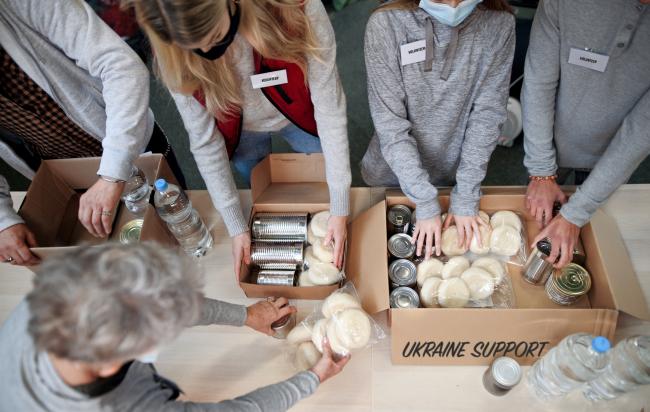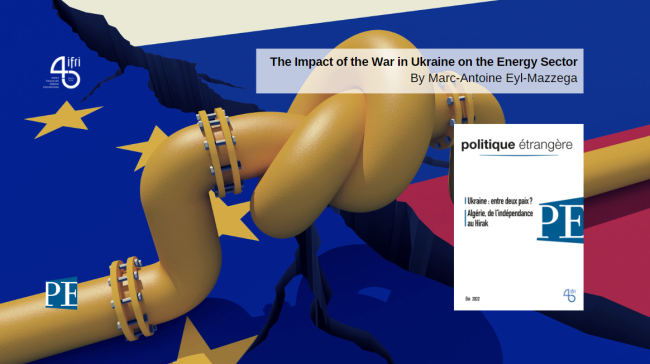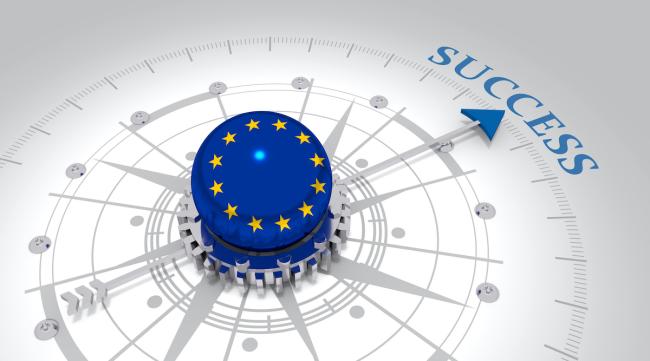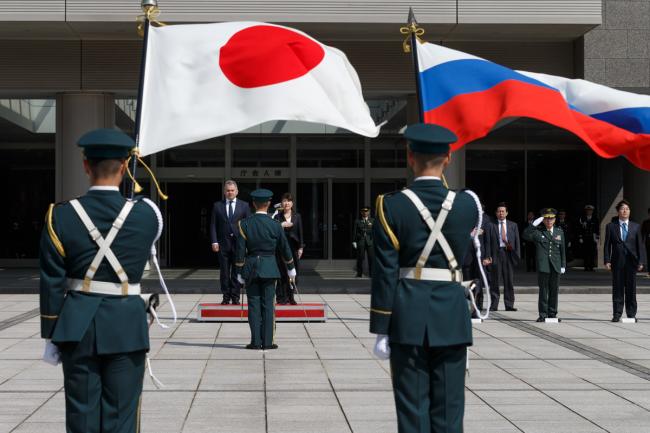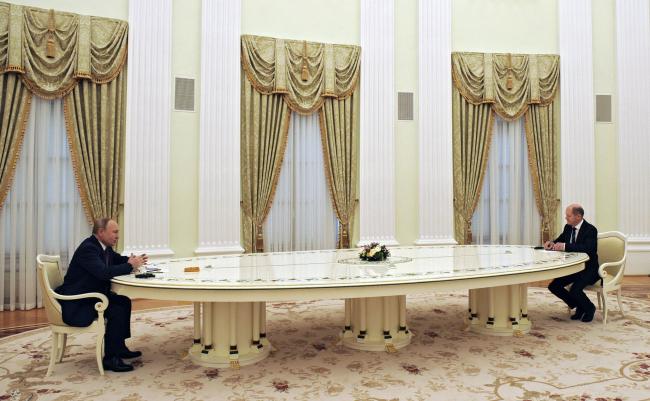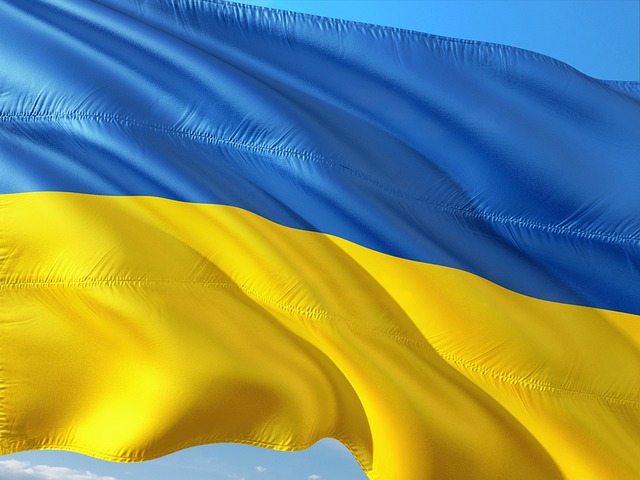
The German Industrial Power in Danger: The Double Shock of Energy Transition and Geopolitical Risk
The German manufacturing industry at the heart of the German economic activity has been confronted in the past years with conjunctural shocks, which question its existence on the German territory: the energy transition which hinders it in the short term to resort to fossile energy from Germany and nuclear energy; a questioning of fossile energy imports from Russia which keeps production sites of fossile energy and nuclear energy in Germany; the currently small capacity of renewable energy to satisfy the important energy needs of the manufacturing industry and the putting into place of alternatives to the importation of energy resources.
Quelle stratégie pour l’aide civile en Ukraine ?
Ukrainian institutions have overall withstood the shock of the war: the central government and local authorities benefit from a real legitimacy and a solid ability to govern.
The Impact of the War in Ukraine on the Energy Sector
The outbreak of war in Ukraine dealt a shock to energy markets.
War in Ukraine: Schumpeter in Sovietland ?
On 24 February 2022, Russia invaded Ukraine. Moscow’s initial plan was to use a “shock and awe” approach to conquer Kyiv quickly.

Ukraine: Between Two Peaces?
We have reentered the world of war. In its first special report, Politique étrangère offers a range of in-depth analyses of the military and political dynamics at work in a Europe that has just woken up from its dream of enduring peace. The direct confrontation between Ukraine and Russia has pitted two military and defense systems against each other, whose asymmetrical logics, strengths, and weaknesses we are discovering as the conflict unfolds.
First Nuclear Lessons from the War in Ukraine
The invasion of Ukraine by Russian forces on February 24th displays undeniable nuclear attributes. The purpose of this text is to analyze the initial lessons of this conflict, with regard to the balance of forces between nuclear powers.
Rapprochement in Times of Crisis: War in Ukraine and the EU-Japan Partnership
The war in Ukraine has shaken the foundations of European security and of the global rules-based order. In many ways, Russia’s aggression has been a wake-up call for the EU, adding a sense of urgency to its ongoing transformation to becoming a stronger geopolitical actor, materialised by the recent publication of its Strategic Compass – its first-ever white paper for security and defence.
Japan-Russia: The end of delusions
The war in Ukraine has led to a major rift between Japan and Russia.
The Paradigm Shift in German Security and Defence Policy After the Russian Invasion of Ukraine
The German government has long hesitated to take a position on the crisis between Russia and Ukraine. It has refused to question the planned commissioning of Nord Stream 2 and to supply Ukraine with weapons.
The Shock of Reality: The Traffic Light Coalition in the Russian-Ukrainian Crisis
The Russian-Ukrainian crisis puts to the test the cohesion of the new traffic light coalition, the authority of Chancellor Scholz and the ambition to adapt the post-Merkel German foreign policy.
Support independent French research
Ifri, a foundation recognized as being of public utility, relies largely on private donors – companies and individuals – to guarantee its sustainability and intellectual independence. Through their funding, donors help maintain the Institute's position among the world's leading think tanks. By benefiting from an internationally recognized network and expertise, donors refine their understanding of geopolitical risk and its consequences on global politics and the economy. In 2025, Ifri supports more than 80 French and foreign companies and organizations.









